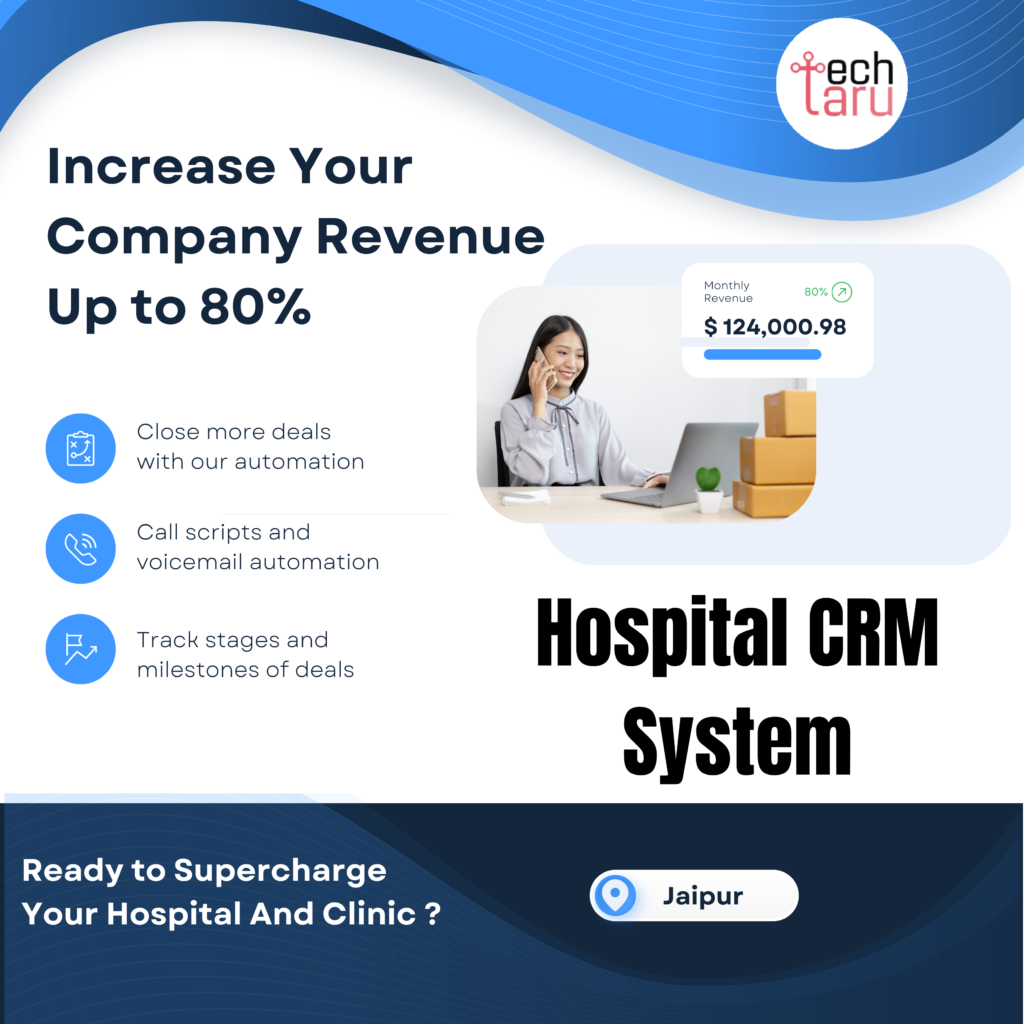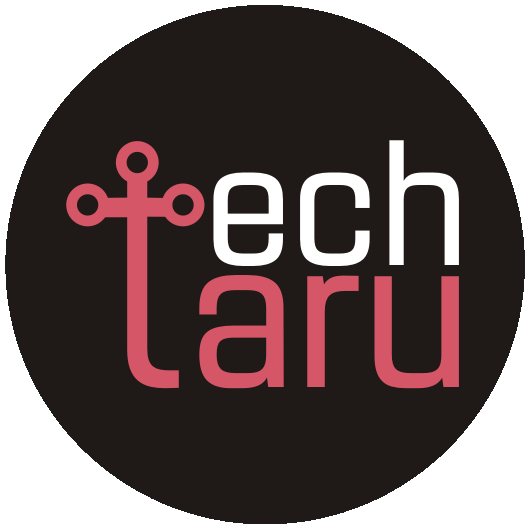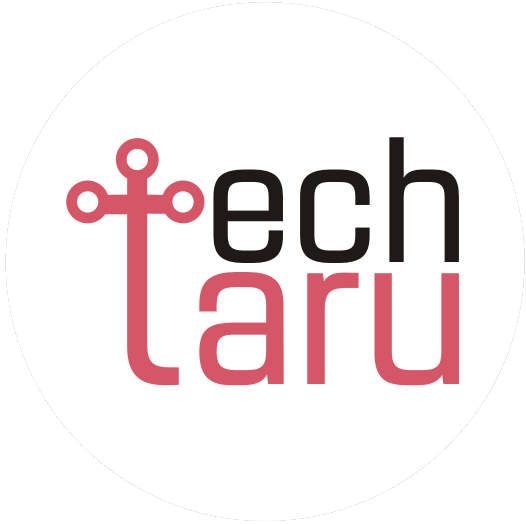
Best Hospital CRM System
A Hospital CRM System refers to a Customer Relationship Management system designed specifically for use in hospitals and other healthcare institutions. It is a software application that enables healthcare providers to manage interactions with patients, track patient information, and provide better care to patients. Here are some of the key features and benefits of a Hospital CRM system:
Features:
-
Patient Management: Hospital CRM system enables healthcare providers to manage patient information, including demographics, medical history, and visit details.
-
Appointment Scheduling: Patients can schedule appointments online or through a call center. Hospitals can also send reminders to patients about their upcoming appointments.
-
Communication Management: Hospitals can communicate with patients via email, text messaging, or other channels.
-
Marketing Automation: Hospital CRM system can automate marketing campaigns, such as sending newsletters and promotional offers to patients.
-
Analytics and Reporting: Hospital CRM system provides insights into patient data, such as patient demographics, referral sources, and patient satisfaction.
Benefits:
-
Improved Patient Engagement: Hospital CRM system enables hospitals to engage with patients more effectively, which can lead to improved patient satisfaction and loyalty.
-
Increased Efficiency: The system automates many administrative tasks, such as appointment scheduling and patient communication, which can save time and reduce the workload of hospital staff.
-
Better Patient Outcomes: The system provides insights into patient data, which can help hospitals identify areas for improvement and provide better care to patients.
-
Increased Revenue: The system can help hospitals identify new patient acquisition opportunities and improve patient retention, which can lead to increased revenue.
-
Customizable to meet specific needs: Hospital CRM system should be customizable to meet the specific needs of a hospital or healthcare institution.
-
Enhanced Collaboration: Hospital CRM system can facilitate communication and collaboration between different departments within a hospital, which can improve overall efficiency and patient care.
-
Reduced Costs: By automating many administrative tasks, a Hospital CRM system can help hospitals save time and reduce costs.
-
Improved Compliance: The system can help hospitals comply with regulations such as HIPAA by ensuring that patient data is handled securely.
Overall, a Hospital CRM system is an essential tool for healthcare providers who want to improve patient engagement, increase efficiency, and provide better care to patients.
There are several types of Hospital CRM systems available in the market, and healthcare institutions should carefully evaluate their options before selecting one that best suits their needs. Some systems are cloud-based, which means that they can be accessed from anywhere with an internet connection. Other systems may be installed locally on hospital servers, which can provide more control over data security example best crm for healthcare, healthcare crm features, crm software, free healthcare crm, onpipeline healthcare crm .
A Hospital CRM system should also be customizable to meet the specific needs of a hospital or healthcare institution. This may include custom fields for patient data, automated workflows, and integrations with other hospital systems such as electronic health records (EHRs).
In addition, a Hospital CRM system should have robust data security measures in place to protect patient data from unauthorized access or breaches. This may include data encryption, user access controls, and regular backups.
Overall, a Hospital CRM system can be a valuable asset for healthcare providers who want to provide better care to patients, increase efficiency, and improve patient satisfaction. By carefully evaluating their options and selecting a system that best meets their needs, hospitals can leverage the power of technology to provide better healthcare services.

